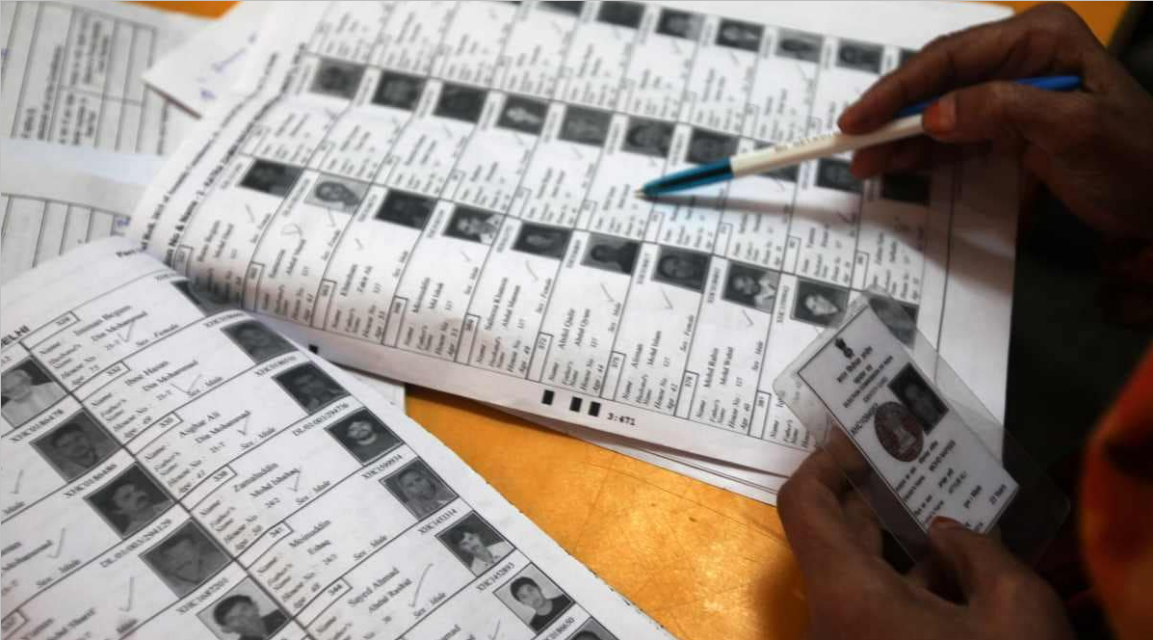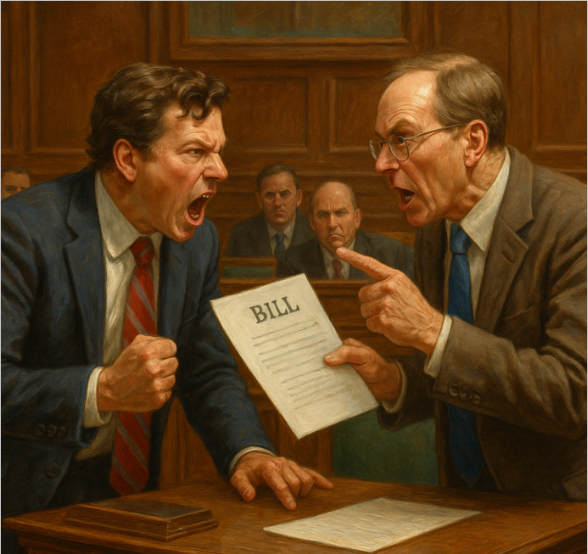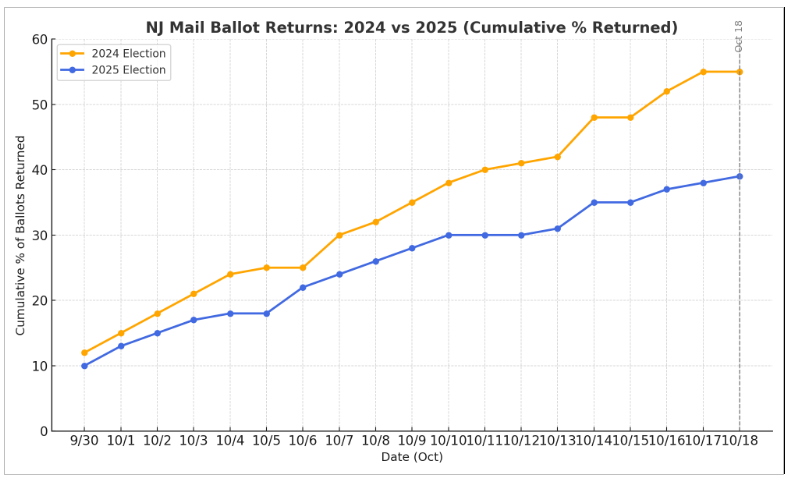In recent years, Mercer County, New Jersey, has faced significant challenges regarding the transparency and integrity of its election processes. These issues have come into sharp focus following a series of legal actions stemming from the county's handling of election records and alleged discrepancies.
In the aftermath of the November 2022 general election, Monica Quaste, a candidate for the Hamilton Township School Board, contested the outcome of her race, prompting a lawsuit against the county. Although Quaste eventually withdrew her case, Mercer County was compelled to release a comprehensive set of election records, including Cast Vote Records (CVR), poll books, ballot images, adjudication logs, and system logs. A citizen audit group that scrutinized these records discovered multiple discrepancies, leading to a subsequent lawsuit. The group accused the county of disenfranchising voters by failing to count legally cast ballots, raising serious concerns about the election's validity.
Fast forward to the November 2023 general election, another candidate, Mark Austin, running for the Hopewell Township School Board, filed a lawsuit contesting his race's outcome. Similar to Quaste, Austin eventually withdrew his case but initiated a separate Open Public Records Act (OPRA) lawsuit seeking access to all November 2023 election records. The case saw significant developments in July 2024, with the judge poised to rule. However, the New Jersey legislature passed new legislation revising many OPRA regulations in favor of the state, delaying the judge's final decision.
The issues of transparency were further exacerbated by a recent incident involving a request for the election records from the June 2024 primary election in Mercer County. In response to this request, the county stipulated that the records would only be made available upon receipt of a $53,000 check. This substantial fee has sparked outrage and concern among citizens and watchdog groups who view it as a significant barrier to transparency.
As the United States approaches the critical November 2024 presidential election, these ongoing issues in Mercer County have amplified fears about the integrity and transparency of the election process. The repeated legal battles and allegations of discrepancies have undermined public trust and highlighted the need for robust and transparent election protocols.
Citizens and advocacy groups are calling for immediate reforms to ensure that election records are readily accessible without prohibitive costs and that all legally cast votes are accurately counted. They argue that transparency is fundamental to the democratic process and that the recent legislative changes should not impede public access to essential election records.
The situation in Mercer County serves as a stark reminder of the challenges that can arise in ensuring fair and transparent elections. As the nation prepares for the upcoming presidential election, it is imperative that state and county officials address these concerns to restore public confidence and uphold the integrity of the electoral process.

.jpeg)



